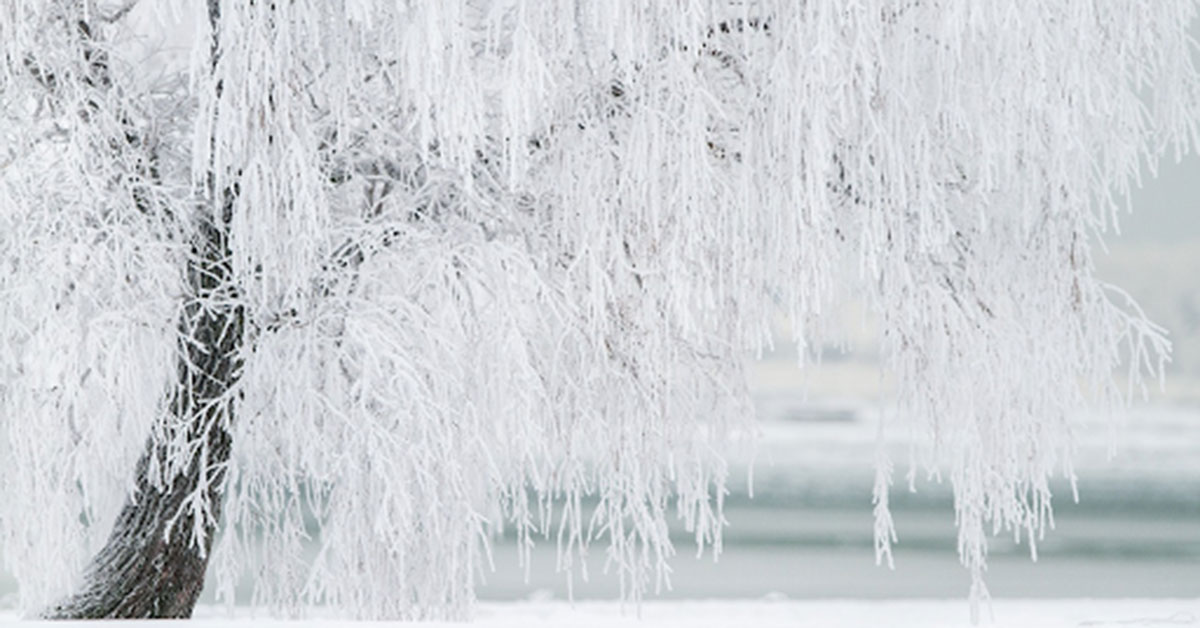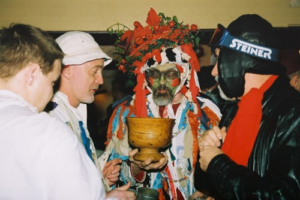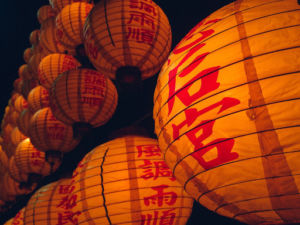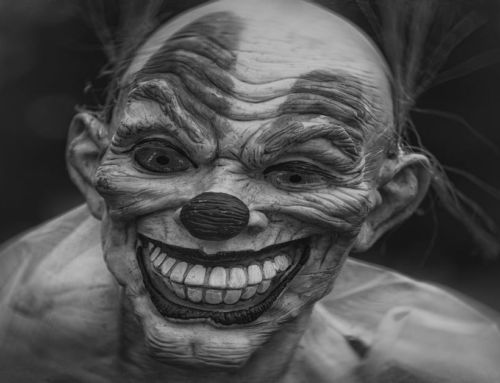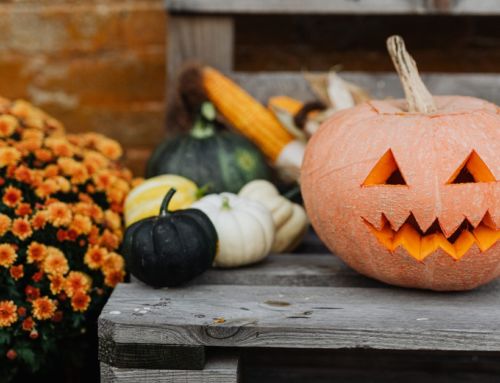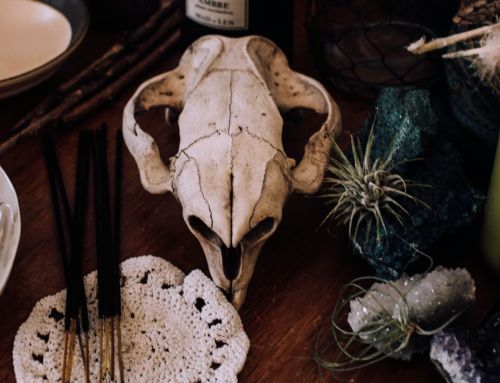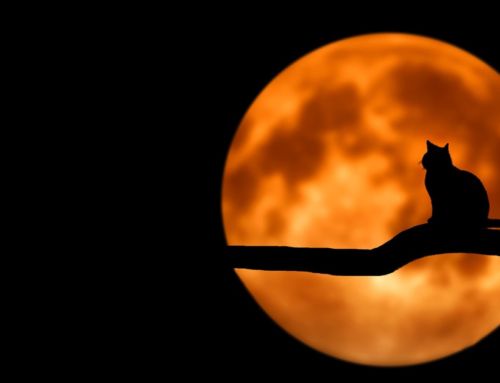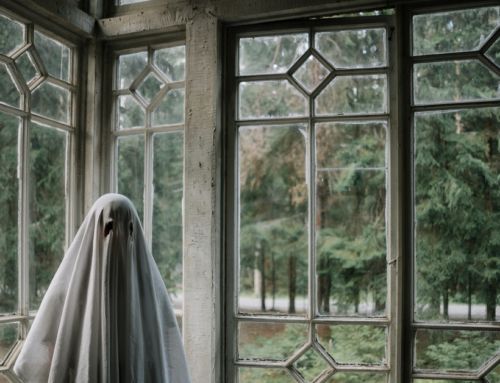5 Fascinating Facts About January
In the US, January is usually viewed as a quiet month when everyone goes back to work after the holidays. It’s not uncommon for people to stay holed up in their homes watching Netflix and praying for spring. This isn’t the case everywhere. January is home to some strange and fascinating celebrations and superstitions. Here are some interesting January facts to add some zest to your New Year.
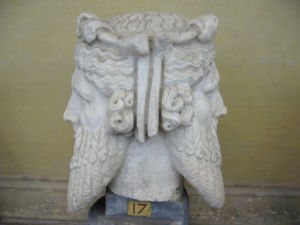
Attribution: By Loudon dodd – Own work, CC BY-SA 3.0, https://commons.wikimedia.org/w/index.php?curid=7404342
January has Two Faces
January is named after the Roman god Janus. Janus has two faces, one looking forward and one looking backward. He is the god of transitions, beginnings, endings, gates, doors, and passages. The Roman calendar traditionally celebrated the New Year on March 1st, but in 153 BC, this date was changed to January 1st to coincide with the beginning of the terms of the newly elected Roman Consuls. It is fitting that the month named after Janus would come to be associated with the New Year.
Source: https://commons.wikimedia.org/wiki/File:Twelfth_Night_wassail.jpg
You Can Go A-Wassailing
January 5th is Twelfth Night- the night before the Twelfth Day of Christmas in the Christian calendar. In England, Twelfth Night was historically celebrated with a tradition known as Wassailing. The definition of Wassailing is: “To drink plentiful amounts of alcohol and enjoy oneself with others in a noisy, lively way.” Sounds like a great start to the new year! Wassail is also a noun referring to the beverage that is providing the “plentiful amounts of alcohol,” usually a strong apple cider or mulled mead. Sometimes this is drunk out of a shared Wassail Bowl.
The tradition of Wasailling dates back to Pagan times when a ceremony was held on January 5th to encourage the apple trees to do well in the new year. Celebrants would light a bonfire in an apple orchard, drink Wassail, dance, and sing incantations to the apple trees.
In the Middle Ages, Wassailing evolved into a sort of door to door begging tradition, usually taking place at Christmas time. It was common for the children of poor people to go Wassailing at the homes of their wealthy neighbors, drinking and singing songs that asked for donations of money and food. This tradition ended in the mid-1600s when it was banned because of the high incidents of property damage and noise disturbance caused by groups of drunken young men. By the 1800s, this wassailing tradition had morphed into the much tamer Christmas caroling tradition that we know today.
In some parts of England, Twelfth Night is still celebrated by drinking Wassail. On January 17th, members of more traditional communities still offer Wassail to
fruit trees in hopes of a bountiful harvest.
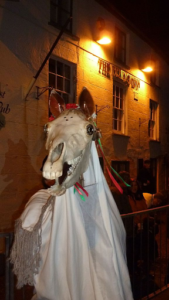
Attribution: Andy Dingley [CC BY-SA 3.0 (https://creativecommons.org/licenses/by-sa/3.0)]
Mari Lwyd Visits
This is a slightly more creepy version of the Wassailing tradition, brought to us by the Welsh. During the first week of January, the Welsh go door to door carrying a horse skull mounted on a stick, the carrier of this “hobby horse” is covered in sackcloth. The procession led by the hobby horse and the Leader, who carries a staff or whip, stops at doors and sings songs asking for entrance. The householders sing back, usually denying entrance before giving in and inviting the procession in for food and drink. Once inside, the hobby horse runs around terrifying children (and adults), and the Leader pretends to try and restrain it.
Some scholars think this tradition hearkens back to pagan religious rites. Others believe it stems from the hobby horse fad among the upper classes in the sixteenth and seventeenth centuries. Whatever the origin, this sounds like a great way to liven up the coldest month of the year.
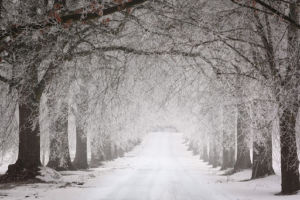
January Weather Predicts the Year Ahead
Usually, we count on January to be cold and snowbound, but folklore abounds about January weather setting the tone for the rest of the year. If fog is observed in January, it means a wet spring is coming your way. If oak trees are bent over from the weight of the snow, it predicts a good harvest. Some omens are more dire, rain in January is thought to be a sign of many funerals to come during the year.
What the wind is doing on New Years’ morning is believed to predict the events of the year to come. Wind from the south indicates a year of fine weather and prosperity, whereas wind from the north predicts a year of foul weather. Wind blowing from the east heralds a year of famine and hardship, but don’t worry, if the wind is from the west, you will have plenty of fish and milk. No wind predicts a peaceful and prosperous year.
There Are Two New Years in January
One of the most widely observed January traditions is the Chinese New Year, also known as the Lunar New Year. This year it falls on January 25th. Get ready to say goodbye to the year of the pig and welcome in the year of the rat. The Chinese New Year is celebrated in several Asian countries and in Asian communities around the world.
The most important part of the celebration is the reunion dinner with family held on the night before the new year begins. Honoring and giving offerings to the ancestors is another important tradition. For good luck married people give Luck Money in red envelopes to unmarried people. This brings luck to both the giver and the receiver.
Like New Years’ traditions around the world, the Chinese New year emphasizes getting rid of the old year and bringing in good fortune for the new year. One way to do this is by cleaning the house out on the day before the new year. Red is considered an auspicious color, and it is found everywhere during the fifteen-day celebration. It is common for people to write their wishes on red strips of paper and then hang them as decorations. If you eat fish and dumplings during the celebration, you will have good fortune and prosperity in the new year.
Public celebrations such as lion dances, dragon dances, and fireworks are also a part of the festivities. If you ever get the chance to see one of these events, jump at it. You won’t be disappointed. The celebration ends with the famous lantern festival. The main activity of this celebration is lighting and enjoying the beautiful paper lanterns. Some people view the lighting of the lanterns as a prayer for a prosperous new year.

